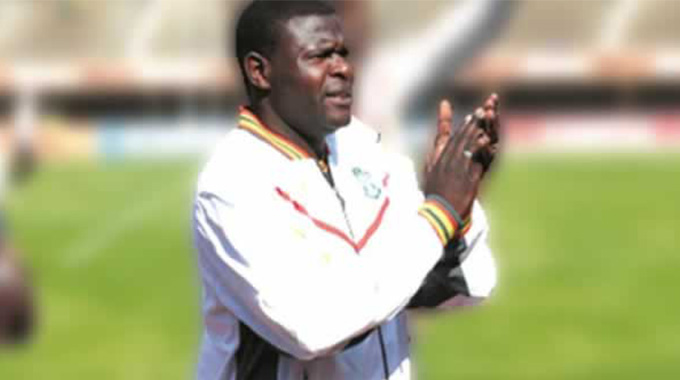SLP to address dependency syndrome
Nqobile Tshili, Chronicle Reporter
GOVERNMENT and its developmental partners have launched a Seasonal Livelihoods Programme (SLP) report in Nkayi District to capacitate communities to withstand shocks and shift from the dependency syndrome.
Nkayi is one of the districts worst affected by drought in the country resulting in communities heavily depending on donors.
SLP identifies challenges that can disrupt livelihoods within communities affecting their socio-economic progression. The study identified drought, livestock disease, human animal conflict, floods, road accidents and economic hardships as the major shocks affecting Nkayi District.
The report was tabled before various stakeholders at Nkayi Rural District Council yesterday before it was handed to the local authority for adoption.
The study was spearheaded by the World Food Programme (WFP) Zimbabwe in partnership with the National University of Science and Technology (Nust) working with Government departments, the local authority and the community based organisation.
The report also identified crop and livestock production, diaspora remittances, casual labour, vending, formal employment, nutrition gardening, basketry, black smith and brick moulding as means of withstanding the disruptive shocks.
Speaking during the launch and handover of the SLP document to Nkayi District, WFP Zimbabwe Bulawayo manager Mrs Plaxedes Moyo said the document is meant to identify gaps and opportunities and build resilience for communities.
She said SLP is a planning tool in building community resilience.
“It’s a tool to enhance resilience because you are identifying the shocks and say these are the shocks that affect a particular area. And how do we address the shocks. If some of the stakeholders are there, how do they enhance a community which has already identified its shocks and possible ways of getting out of them. In a way you are supporting resilience building in this community,” said Mrs Moyo.
She said the SLP study uses a bottom up approach to solving challenges where people at grass roots level identify projects that can uplift them in each season.
Mrs Moyo urged various development partners to complement each other in the fight to eradicate poverty.
“This document should be given to anyone for the development of Nkayi. It must not be put in shelves. We want this document to be alive in addressing issues affecting people in Nkayi. Development agencies should use it to implement community based problems instead of imposing themselves on the people,” she said.
Nkayi district development co-ordinator Ms Matilda Mlotshwa said starting from now, the SLP report would be used to inform development partners on projects that best suit Nkayi district.
She said gone are the days where donors would dictate what project should be implemented in communities.
Matabeleland North provincial Agritex officer, Mr Dumisani Nyoni, who was part of the lead team in coming up with the SLP, said it is meant to address the dependency syndrome.
He said due to donor funding, some communities were no longer participating in self enhancing projects.
“As a result development agencies under United Nations Development Programme realised that the dependency syndrome was affecting communities. They came to a resolution that it’s better to teach someone to fish instead of giving them fish as they will come again as the saying goes. So instead of just providing handouts to communities, they should be capacitated to help themselves because donor funds can dry up but shocks may continue to occur,” Mr Nyoni said.
He challenged Nkayi to embrace the document as it has all the recommendations on how to transform their lives while building resilience for themselves. — @nqotshili











Comments